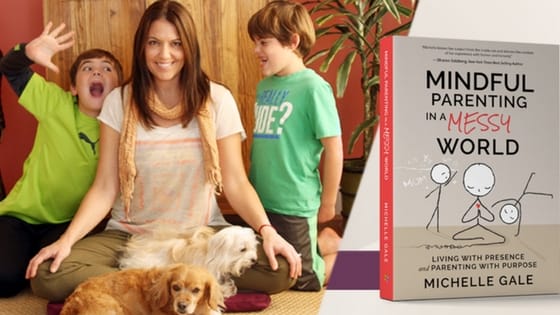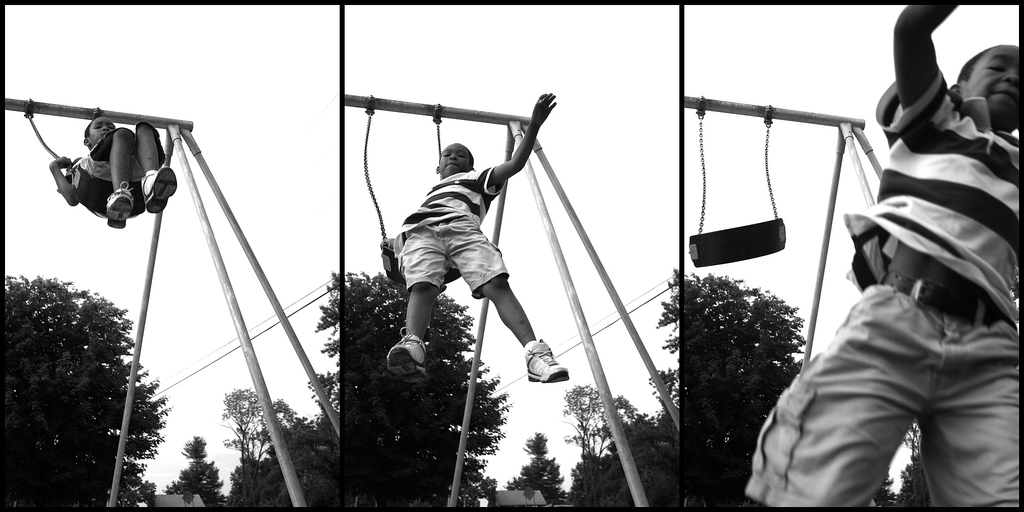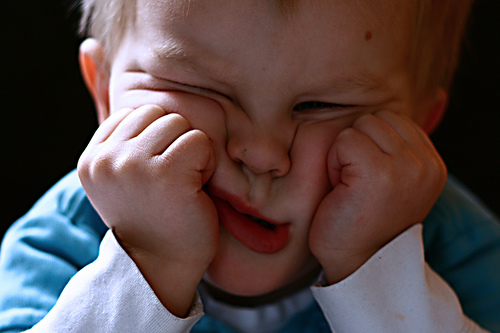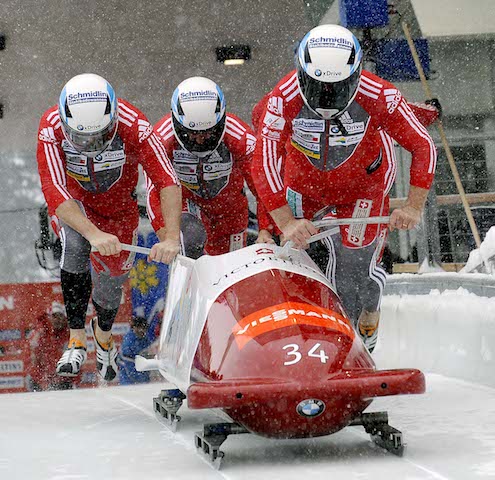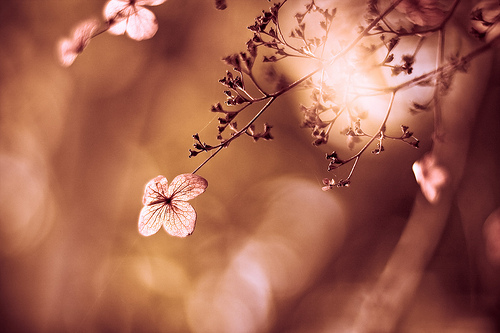The following guest post is from our friend, Michelle Gale. She is a Happily Family Conference speaker, and she is letting us get an insider’s peek into her new book. Here is an excerpt from “Mindful Parenting In A Messy World – Living With Presence And Parenting With Purpose”.
How looking inside ourselves can make us better and happier parents
When your child says or does something that triggers a strong emotional reaction in you, how do you respond?
If you are like most parents, you probably do your best to stay calm. But after listening to the same complaint, request or outburst from your kid for the umpteenth time, you lose your cool. Maybe you yell or act irritated. Maybe you get into an argument with your child, despite your best efforts to “be the adult” in the room.
I can’t tell you how many times one of my boys would get upset because they didn’t have a friend to play with. My response was to be irate. After it happened over and over again, I got curious about why I reacted the way I did.
Investigating myself, I realized that because I had been an only child, I had spent a lot of time alone, entertaining myself. As a result, I was struggling with an unspoken feeling: “How dare they not be able to entertain themselves the way I did!”
Once I realized this about myself, I was able to allow my boys their sadness in desiring play with a buddy without becoming angry, or telling them how grateful they “should be” to have each other to play with. Sure, gratitude is something we should all cultivate. And no, we probably won’t get our kids to feel more grateful by telling them how much better they have it than we did!
Growing vs. Fixing
In most families, at any given time one member is identified as “the problem” or as having the problem. Typically we focus on how we can “fix” that individual or their circumstances.
What if instead of thinking this way, we looked at each circumstance — the good and the bad —as an opportunity for us to grow as a family?
In my family, when one of our children is struggling, my husband and I look to ourselves first, seeking to understand why we are being triggered by this child’s particular behavior.
After we investigate our inner world a bit we may actually be able to come up with a way to help them through their difficult patch. We ask ourselves questions such as:
- Can we help them?
- Is this something they need to figure out on their own (with us acting as a net if they fall)?
- Do they need outside support?
- Is this just a phase that we can let roll?
I can’t tell you how many times just looking deeply at ourselves ends the problem with our children. We make a small change and the child magically shifts.
Connecting with Ourselves
In my experience, mindfulness and meditation are the tools that have helped me to expand my own awareness and remain centered under pressure. My definition of mindfulness is simply a compassionate act of allowing inner and outer experience to arise moment by moment with a clear non-judgmental awareness.
Meditation is the formal practice, like when we practice observing our own thoughts while sitting, walking or paying attention to our breathing. Here are a few tips for using your breath to support peaceful parenting.
- Focusing on the breath can be a beautiful way to come back to a more centered state, but you have to build the muscle of this center in the same way that you build your muscles at the gym. Repetition is the key.
- Use the sensations of breathing to guide you. Notice the air coming through your nostrils on the inhale, as well as the exhale. Feel your chest or belly rise and fall with each breath.
- The most difficult part of any practice is remembering to do it. Remind yourself to practice mindful breathing by adding a reminder to your calendar, writing yourself notes, or setting an alarm on your phone — whatever it takes.
Practicing mindfulness and meditation takes us out of the rush, stress and distraction that is so much a part of our existence. As we learn to become impartial observers of our thoughts and feelings, we are better able to respond positively and proactively in situations where we might otherwise lose control.
Like anything else worth learning, mindfulness is a practice — something we choose to concentrate effort on until it becomes our new normal. It’s worth the effort!
As we awaken to who we are, we can live more fully and show up more authentically as parents, and in every aspect of our lives.
If you enjoyed this blog post, please consider getting a copy of “Mindful Parenting in a Messy World”. You’ll join other book owners at a LIVE free online Q and A session with me, Michelle, plus you’ll get an online workshop about “Big Emotions and What To Do with Them”.
Note from Cecilia and Jason: We are not getting paid or receiving any compensation for our support of Michelle and her book. She is just awesome!

